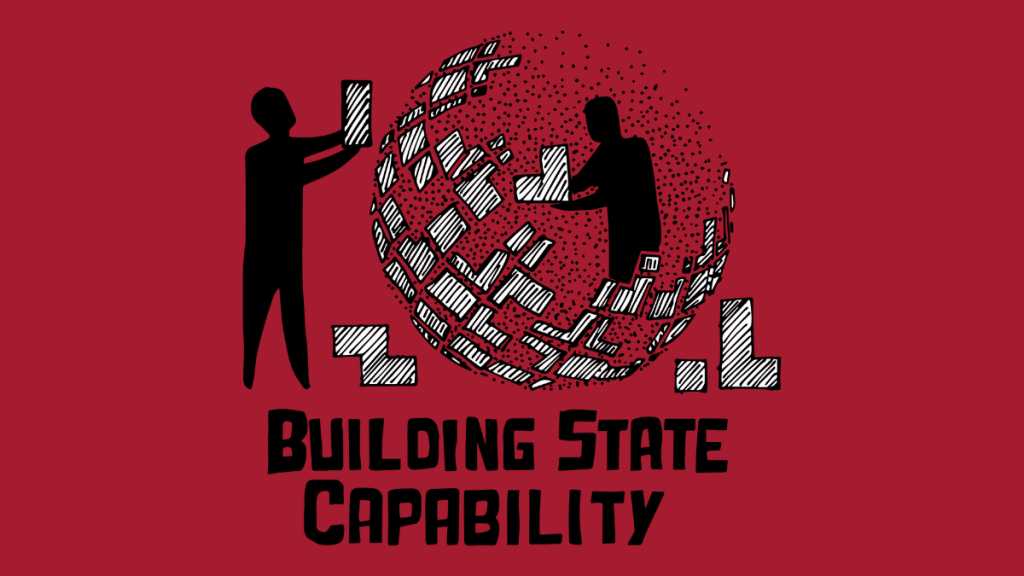written by Salimah Samji We offered 4 free PDIA online courses between November 2015 and June 2016. They were well received and 365 people, living in 56 countries, successfully completed the courses. In January 2017, we surveyed the 365 PDIA course alumni to learn whether (and how) they are using PDIA in their day-to-day lives. 113 (31%) of…Continue Reading PDIA Course: Alumni are already practicing what they learned
PDIA Course: Alumni are already practicing what they learned

